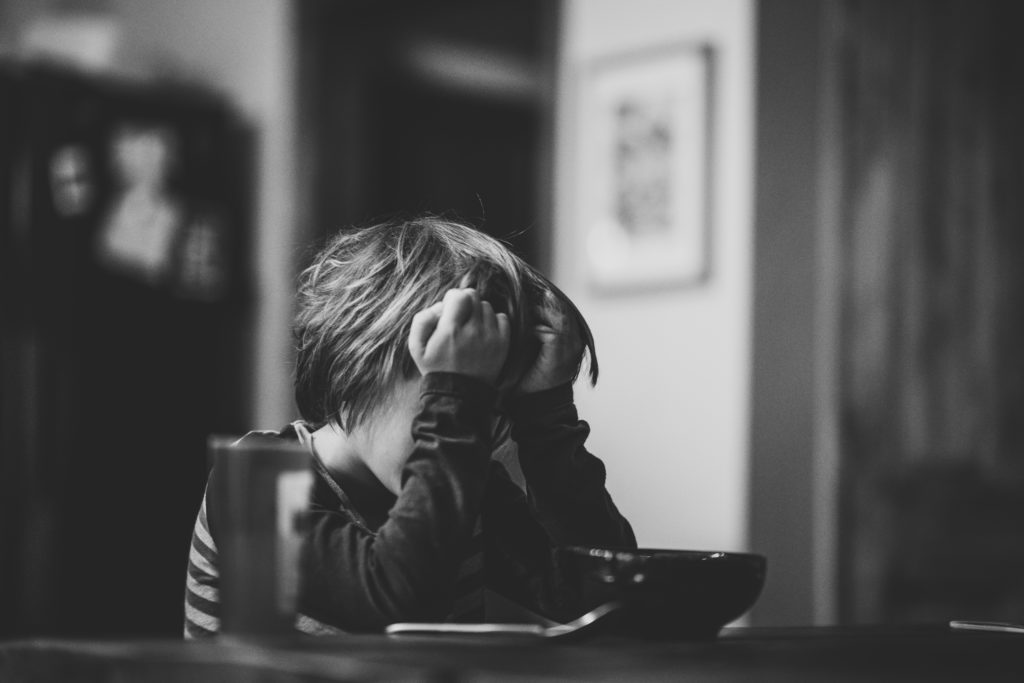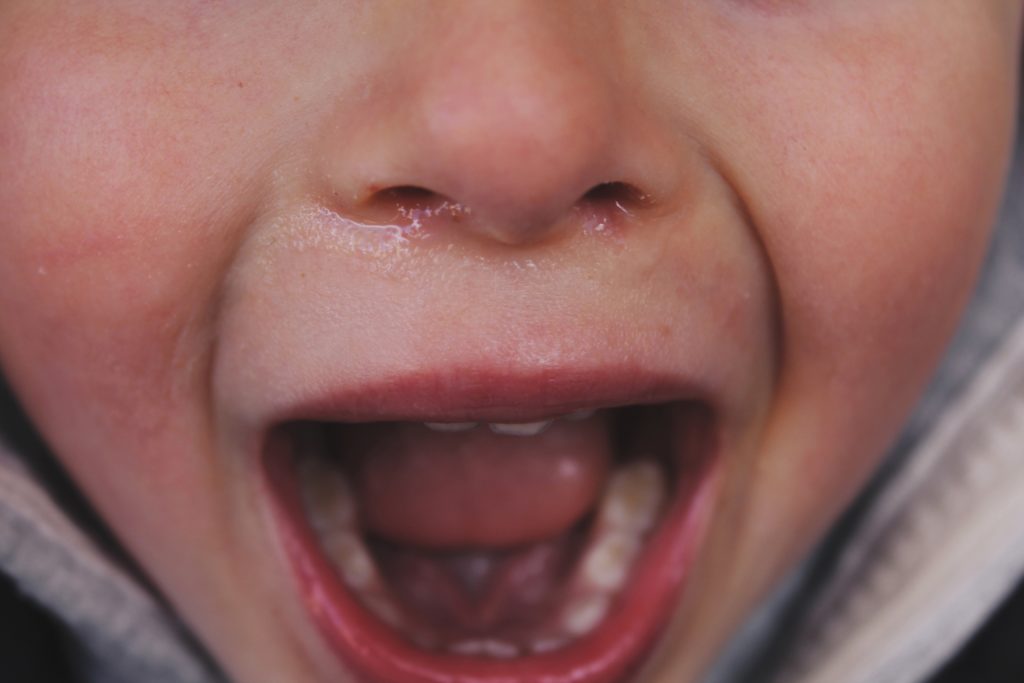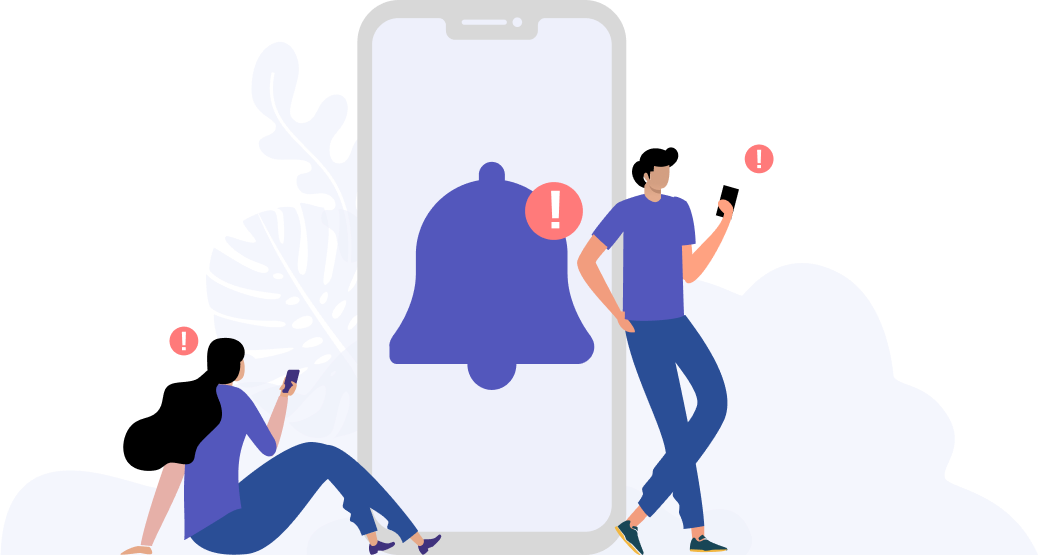Don’t Sleep On The Importance of Sleep For Your Children

When pulling your child out of bed every morning seems like a Herculean task, there may be a more serious underlying issue your child may be facing – sleep deprivation.
Sleep on it
It is recommended by the Health Promotion Board (HPB) that children between the ages of 6-13 get 9 to 11 hours of sleep a night in order to help them develop physically and mentally. Even then, consistency is key, and getting them into a sleep routine every night, including weekends and holidays, will benefit them in the long-run.
Signs of sleep deprivation
1. Waking up takes forever
If you find yourself having to shake your child awake several times in the morning, chances are, your child has not had enough rest. Besides that, your child may lethargically eat breakfast and prepare for school.

2. Napping anytime, anywhere
When our body does not get adequate rest, it tries to make up for it by finding small bursts of time to recuperate. This could take place anywhere – the classroom, the school bus, or even the moment he/she returns home. However, quantity does not equal quality and these little catnaps do not compensate for the lack of sleep the night before.
3. Experiencing tantrums
Lack of quality sleep can make your child moody and irritable. The tiniest setback can light a fuse and extinguishing it will take time. These volatile moods may even prevent his/her classmates from approaching your child which could have severe implications on his relationships and self-esteem.

4. Struggling to concentrate in school
A lack of sleep has severe consequences on concentration and memory. Besides being less alert, according to Harvard Medical School, a lack of sleep will implicate your child’s ability to consolidate and process information efficiently. Being given new information daily in school, your child’s lack of concentration may affect his grades tremendously. On the other hand, the reverse may be true too. According to the National Sleep Foundation, some children may exhibit hyperactive behaviour and may behave disruptively in school.
5. Sleeping intermittently
Disrupted breathing while sleeping, or medically known as sleep apnoea is a sleeping disorder where breathing starts and stops continuously throughout the night. This interrupts one’s sleep greatly. If your child exhibits these symptoms, surgical treatment is necessary.
Have a good rest

Getting enough rest is important for all of us, and especially critical for our young ones. The cause of sleep deprivation can sometimes be linked to our phones. Sometimes, kids may get too caught up with their smartphones before bedtime which can disrupt your child’s sleep cycle. The plano app can help manage your child’s smartphone usage before bed with the time tracker. So, you can set limits on how long they are allowed to use their smartphones before tucking them in for a good night’s rest.
Tools Designed for Healthier Eyes
Explore our specifically designed products and services backed by eye health professionals to help keep your children safe online and their eyes healthy.





